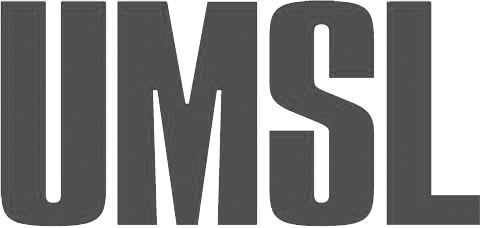Paul Woodruff, Executive Director with Prosperity Connection
More than ever, remote voting is both necessary and responsible. COVID-19 has opened our collective eyes to the fragility of systems and tradition that not only govern our way of life, but facilitate public engagement in decision-making at the local, state, and national levels. The election on November 3, 2020 will test society’s will and ability to adapt as individuals weigh the risks of being cloistered in tightly filled polling places against the imperative to participate in our democracy at this critical historic juncture. This paints an especially grim picture for residents living in historically disinvested neighborhoods, where the risk of contracting COVID-19 and dying from it is many times higher. Because without full access to voting, neighborhood networks and local grassroots initiatives cannot build the social capital they need to address issues facing their community.
No one should have to trade their personal health for the right to vote, nor fear the act of voting. However, COVID-19 presents an invisible and real threat to all people fearful of becoming ill, but especially many individuals who have existing health issues—and in St. Louis, most especially our Black neighbors and communities north of Delmar. Now is the time to act in order to ensure that voters are both confident and safeguarded regardless of Missouri’s imperfect 2020 mail-in ballot legislation for the general election.
Cue the notary community…
Per the new legislation, “Voters casting a mail-in ballot are required to execute and submit a notarized statement under penalty of perjury with the ballot.” The solution is simple; we need to give notaries a platform to easily and safely serve the public so that the voice of the people can be heard in November.
Here are a few easy steps that can be taken:
Financial service industry—this is your moment to shine by mobilizing to provide free notary services inside your facilities and through partnerships with community stakeholders who will welcome your staff to their sites for ballot certification.
Libraries, social service agencies, and other public locations—get your staff certified as notaries and deploy them to notarize ballots.
Corporate and philanthropic entities—fund notary certification, postage for mail-in ballots, personal protective equipment (PPE), physical barriers to protect notaries, and other expenses related remote voting.
Voting public—exercise your legal right under Missouri law to avoid polling places and cast your ballot safely by mail.
Amid this global pandemic, the rise of the unsung, and unexpected, hero has been both surprising and very welcome. To grocery store clerks, hospital staff, U.S. Postal workers, and so many more: THANK YOU. As we venture forward and adjust to new “norms”, I anticipate yet another hero to rise. In the coming months, please take time to thank your local notary.
Our democracy depends upon an engaged electorate. Engage and protect yourself from the COVID-19 virus by voting remotely and supporting efforts to facilitate mail-in ballots. Our collective future depends on you, the voting public, the U.S. Postal Service, and most especially, notaries.
***
Paul Woodruff serves as the Executive Director of Prosperity Connection and Vice President of Community Development for St. Louis Community Credit Union (SLCCU). In these capacities, he is responsible for managing strategic initiatives which fund, support, and advance interventions designed to decrease racial and economic inequity throughout the St. Louis region. During his tenure, he has built a robust, data-informed financial coaching program, launched RedDough Money Center as a lower-cost payday loan alternative, and established numerous strategic alliances with public, private, and non-profit entities to fund and support key initiatives led by both the credit union and Prosperity Connection.
He began his career in 2009 as a teller at SLCCU and has subsequently worked as a business development specialist and manager of community development. In 2013, he moved into his dual role as the head of Prosperity Connection and VP of Community Development for SLCCU. Prior to joining the credit union, he received his Master’s in Public Administration from St. Louis University, where his research focused on credit union alternatives to payday loans.
As an active member of the community development sector, Paul serves in a variety of advisory roles, some of which include on the Board of Directors for the Inclusiv Credit Union Network and US Bank’s National Community Advisory Committee. Outside of work, Paul loves to read, cook, entertain, and enjoy the cultural offerings of his beloved hometown, St. Louis, Missouri.
***
Articles in “From the Field” represent the opinions of the author only and do not represent the views of the Community Builders Network of Metro St. Louis or the University of Missouri-St. Louis.
We invite readers to contribute to the civic conversation about community development in St. Louis by writing an op-ed for the Community Builders Exchange. Op-eds should be short (400-700 words) and provocative. If you have an idea for an op-ed, contact Jenny Connelly-Bowen at jenny@communitybuildersstl.org.






